Laos floats joint Thai-Kuwait rice investment proposal
- Bangkok Post
- 16 August 2009
Kuwait has recently shown an interest in doing rice business in Laos, but Vientiane wants Thailand to be its partner,
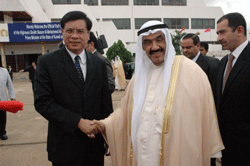
Kuwait has recently shown an interest in doing rice business in Laos, but Vientiane wants Thailand to be its partner,

Le Maurice prendra possession du bail de 20 000 ha de terres mozambicaines avant de les sous-louer à des investisseurs.
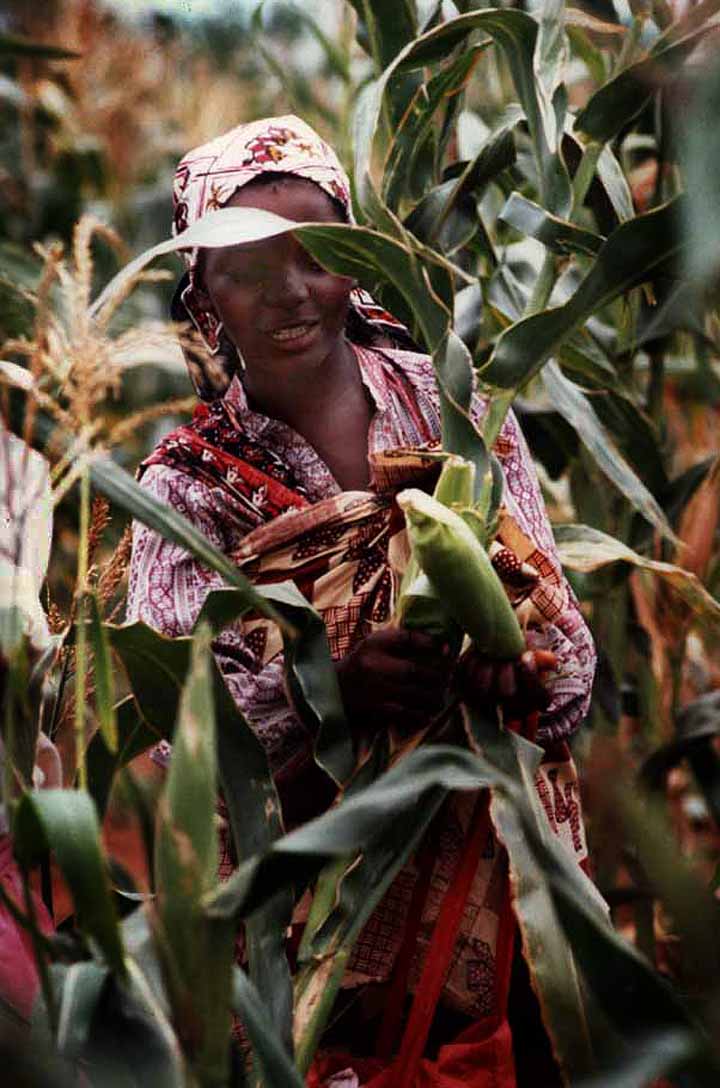
Mauritius plans to buy 20,000 hectares (49,420 acres) of prime farmland in Mozambique to alleviate mounting worries about food security on the import-dependent island.
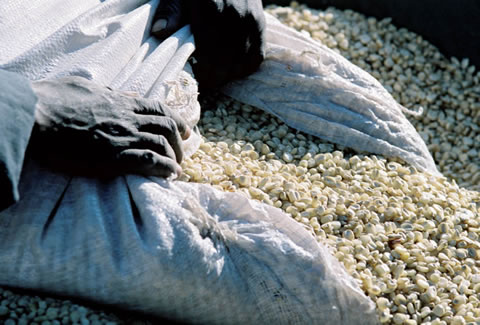
Libya Africa Investment Portfolio and the Mozambican company Ubuntu SA are launching a $30 million rice project that will cover 20,000 ha near to Bela Vista, capital of Mozambique's southernmost district of Matutuine.
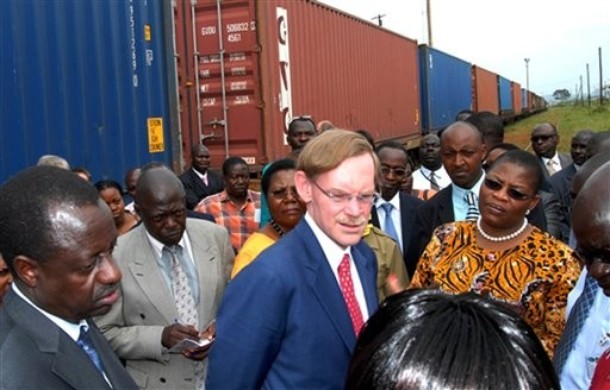
A group of Saudi-based investors announced earlier this monthy a seven-year plan to develop and plant 700,000 hectares to produce 7 million tonnes of rice in countries like Uganda.

Resource-hungry China has so far passed over investing in high-priced farmlands of South America in favor of Africa, with its less developed commodities markets, greater need for financing and open labor laws.
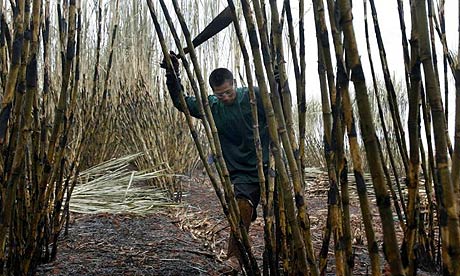
Suicide is becoming a common reality in Barreirinhas, as families are talked into “renting” their land to the sugar cane companies.
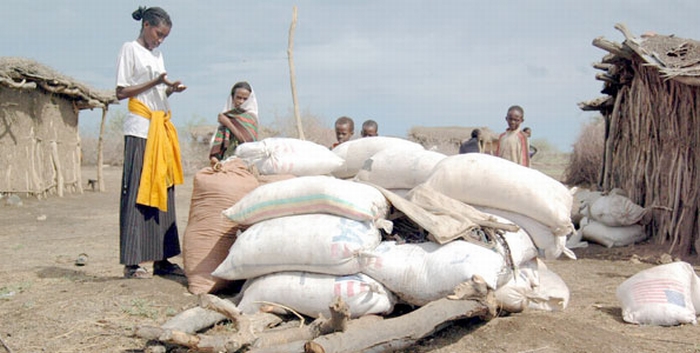
Ethiopia is on the defensive over a plan to offer 2.7 million hectares of land to foreign, mainly Asian, companies despite millions crying out for food aid from the international community.
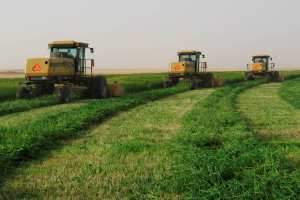
A private agricultural investment firm in Abu Dhabi plans a Dh925 million (US$251.8m) farmland deal in Egypt to grow wheat for the African nation’s domestic market.

If the moratorium on agricultural land sale is lifted, rich multinational corporations will buy and it will be legislatively impossible to strip them of lands that could be used for feeding Ukrainians.

Ethiopian government has defended its plan to offer 2.7 million hectares of farmland to foreign companies despite millions of citizens who need food aid from the international community.

The terms of farmland deals are hardly made public. Although a theoretical possibility exists in a few cases for some transfer of technology for agricultural development, risk also exists to peasant farmers who cannot compete with well-resourced commercial farms. Take, for instance, the case of barley and oilseeds producers in Ethiopia.